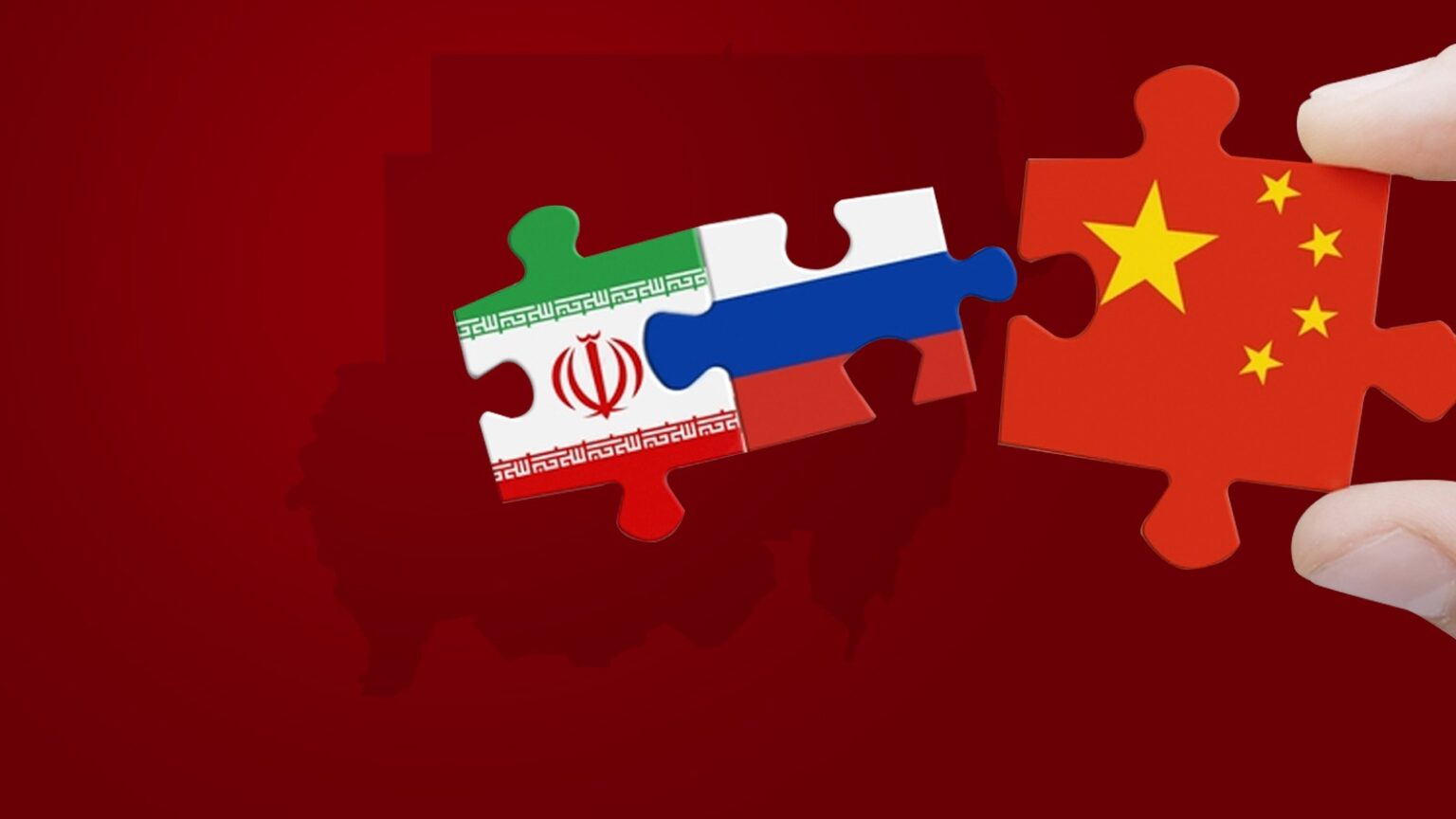Moscow has significantly escalated its involvement in the Sudanese conflict by providing unrestricted military support to General Abdel Fattah al-Burhan’s Islamist-aligned Sudanese Armed Forces (SAF). In exchange, Russia anticipates that al-Burhan will uphold a 2020 agreement allowing the establishment of a Russian naval base in Port Sudan. This base would enable the Russian navy to directly threaten Western trade routes through the Red Sea.
Should Russia, Iran, and China strengthen their presence in Sudan and secure access to strategic maritime bases like Port Sudan, they could severely challenge the West’s ability to safeguard key shipping routes in the Red Sea.
The Big Picture
Russia, China, and Iran are intensifying their presence in Sudan, leveraging the country’s ongoing conflict to expand their geopolitical influence and threaten Western interests in the region.
What’s happening
Russia has significantly escalated its involvement in Sudan by providing “uncapped” military support to General Abdel Fattah al-Burhan’s Sudanese Armed Forces (SAF). This support is part of a strategic deal that may allow Russia to establish a naval base in Port Sudan.
Why it matters
Strategic Threat: A Russian naval base in Port Sudan would enable Moscow to disrupt Western trade routes through the Red Sea, a vital corridor for global commerce.
Geopolitical Influence: If Russia, China, and Iran solidify their foothold in Sudan, they can collectively challenge Western influence and control over critical maritime routes.
Regional Security: Iran’s deepening presence in Sudan poses a direct threat to Israel, potentially completing Tehran’s strategic encirclement.
By the numbers
15,000: Estimated deaths in Sudan over the past year due to the conflict, according to the UN.
8.6 million: People displaced by the conflict.
25 million: Individuals in need of humanitarian assistance in Sudan.
The backstory
Sudan has plunged into a brutal civil war between the SAF and the paramilitary Rapid Support Forces (RSF), led by Mohamed Hamdan Dagalo, aka “Hemedti.” This power struggle has devastated the country, creating a vacuum exploited by foreign powers.
Deep dive
China’s Role: Beijing has been a major investor in Sudan, pouring around $6 billion into energy, agriculture, and transport sectors since 2005. China views Port Sudan as crucial for its Belt and Road Initiative.
Russia’s Move: Prior to the current conflict, Russia, through the Wagner Group, supported the RSF. Following the death of Wagner’s leader, Yevgeny Prigozhin, Moscow shifted its support to the SAF, aiming for a strategic naval foothold.
Iran’s Involvement: Iran has supplied drones to the SAF, turning the tide of the war in favor of al-Burhan. Tehran’s involvement underscores its long-term strategy of using Sudan as a base for extending its regional influence.
What they’re saying
Western policymakers: Urging for immediate international intervention to prevent Sudan from becoming a launchpad for autocratic regimes to undermine Western and allied interests in the region.
Iranian officials: Confirming the use of Iranian drones by the SAF, indicating a deepening military cooperation with Sudan.
The bottom line
The convergence of Russia, China, and Iran in Sudan represents a significant shift in the regional power dynamics. Their presence threatens the stability of vital maritime routes and regional security, highlighting the urgent need for Western powers to address this growing geopolitical challenge.



